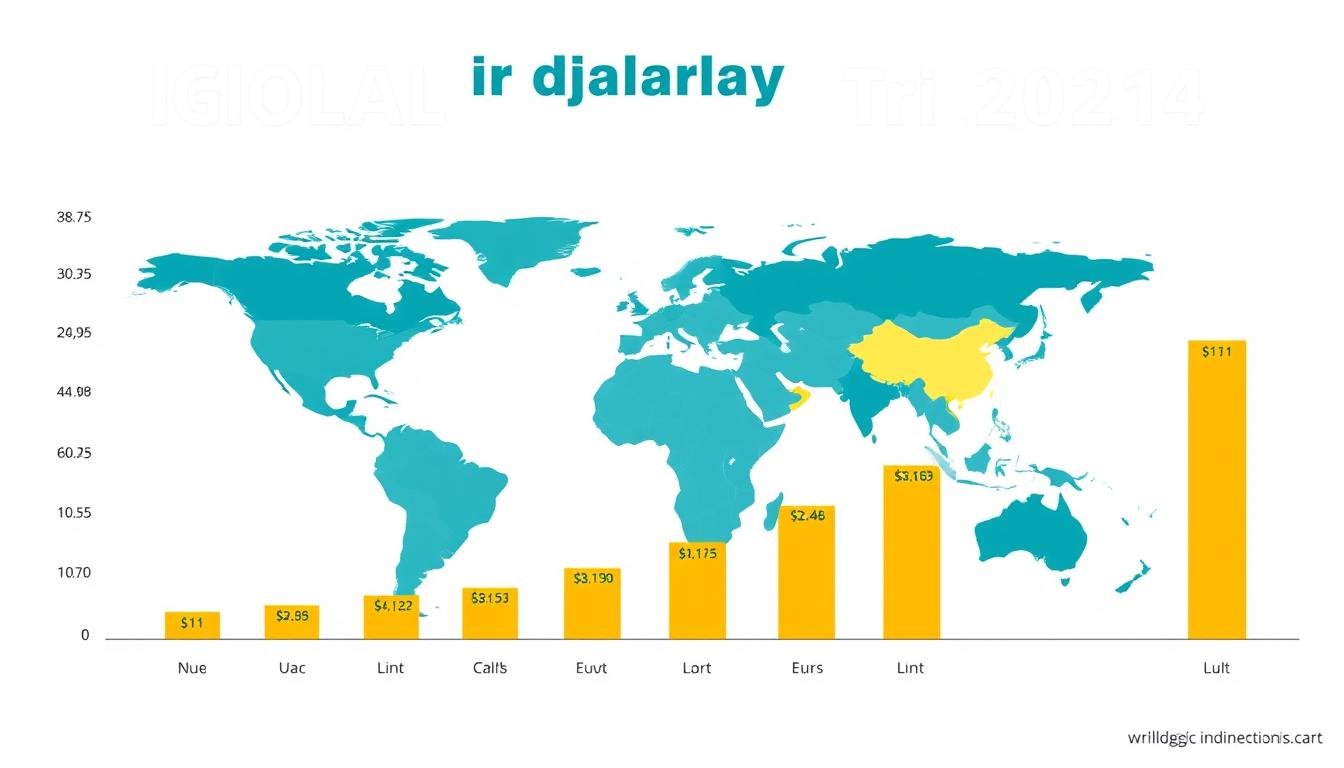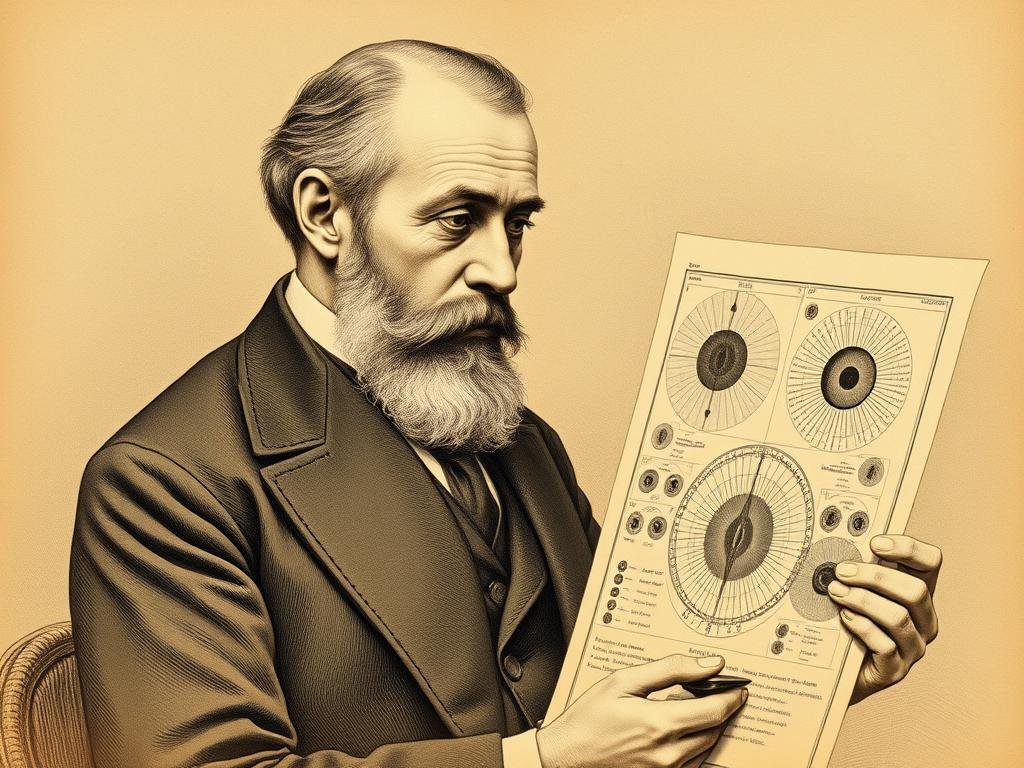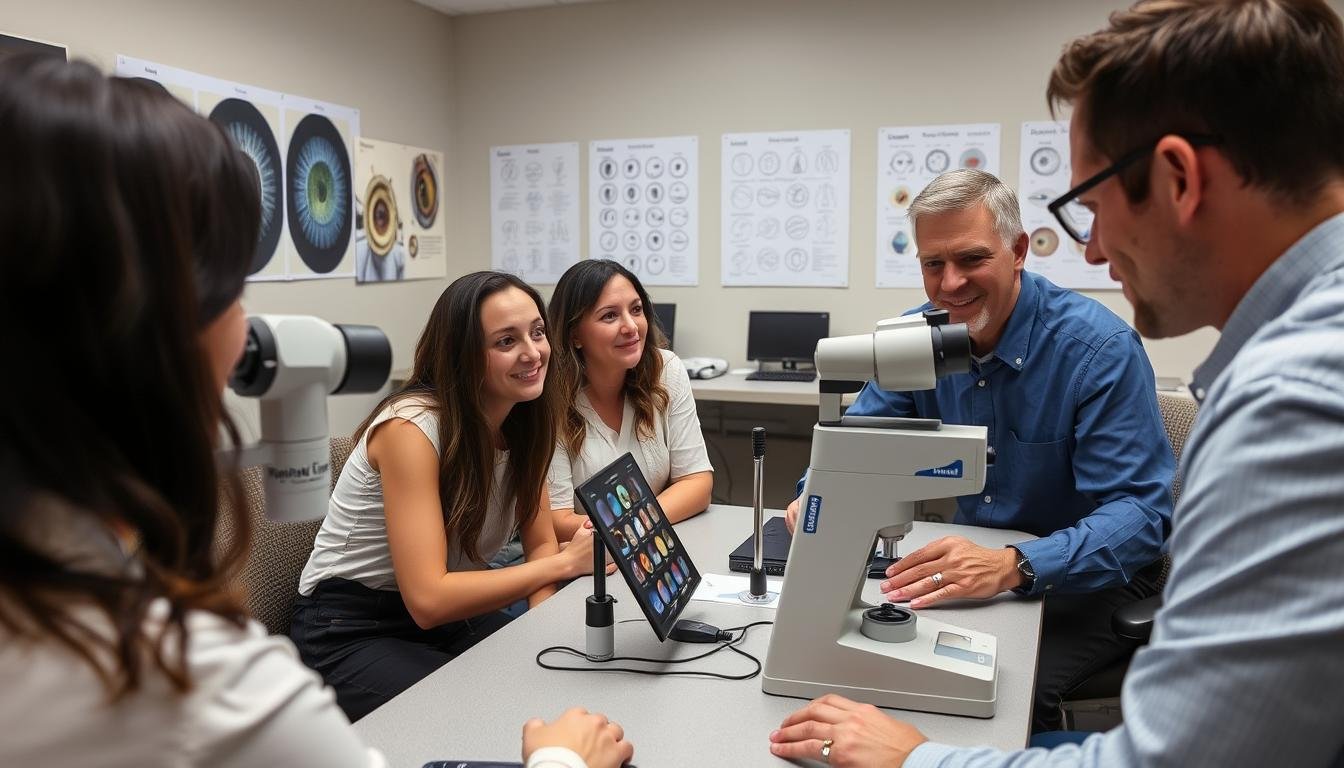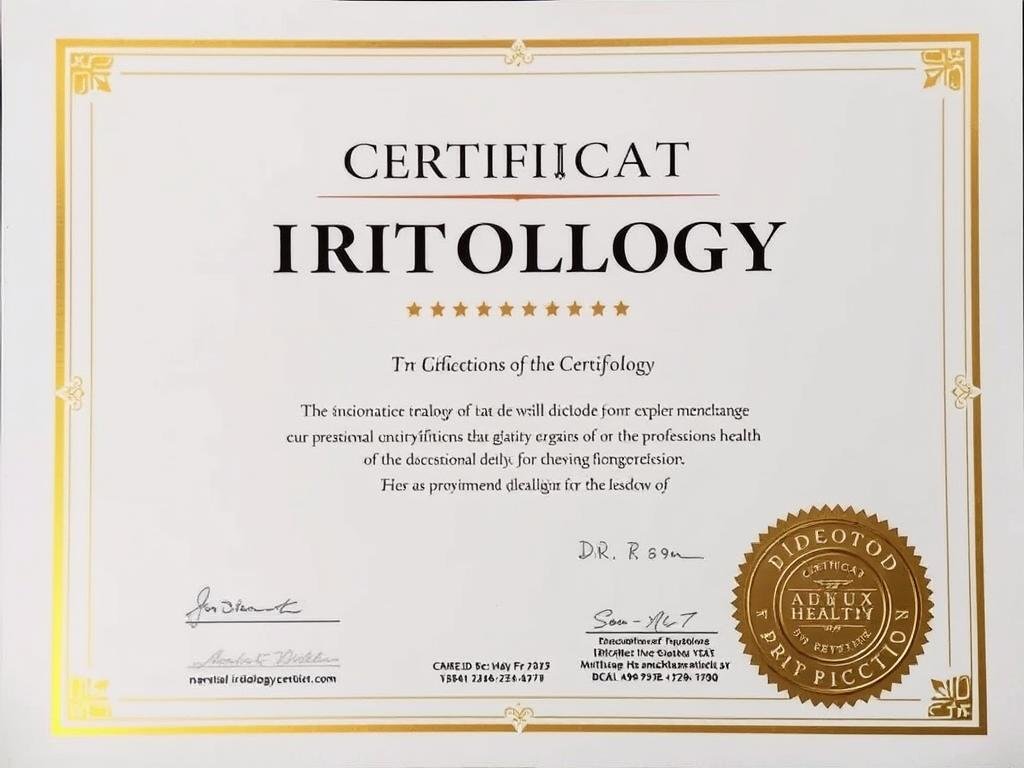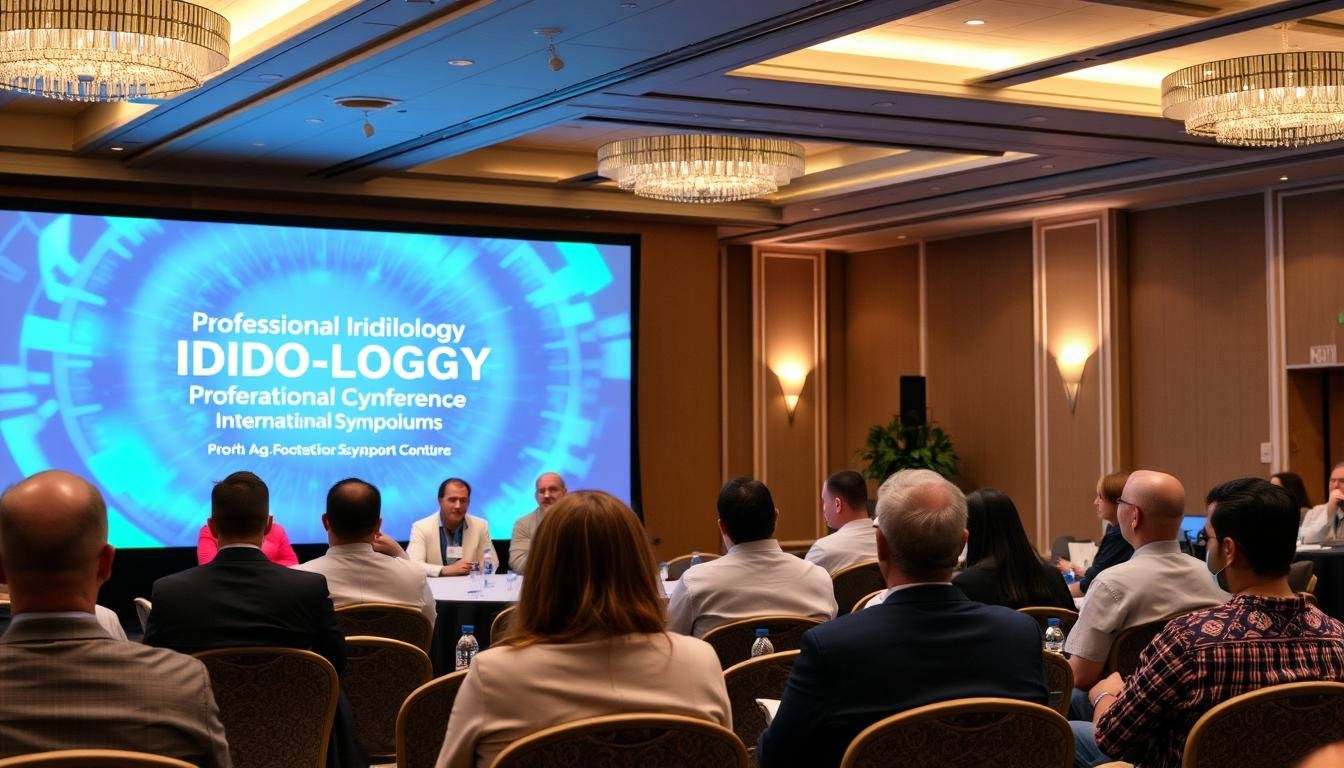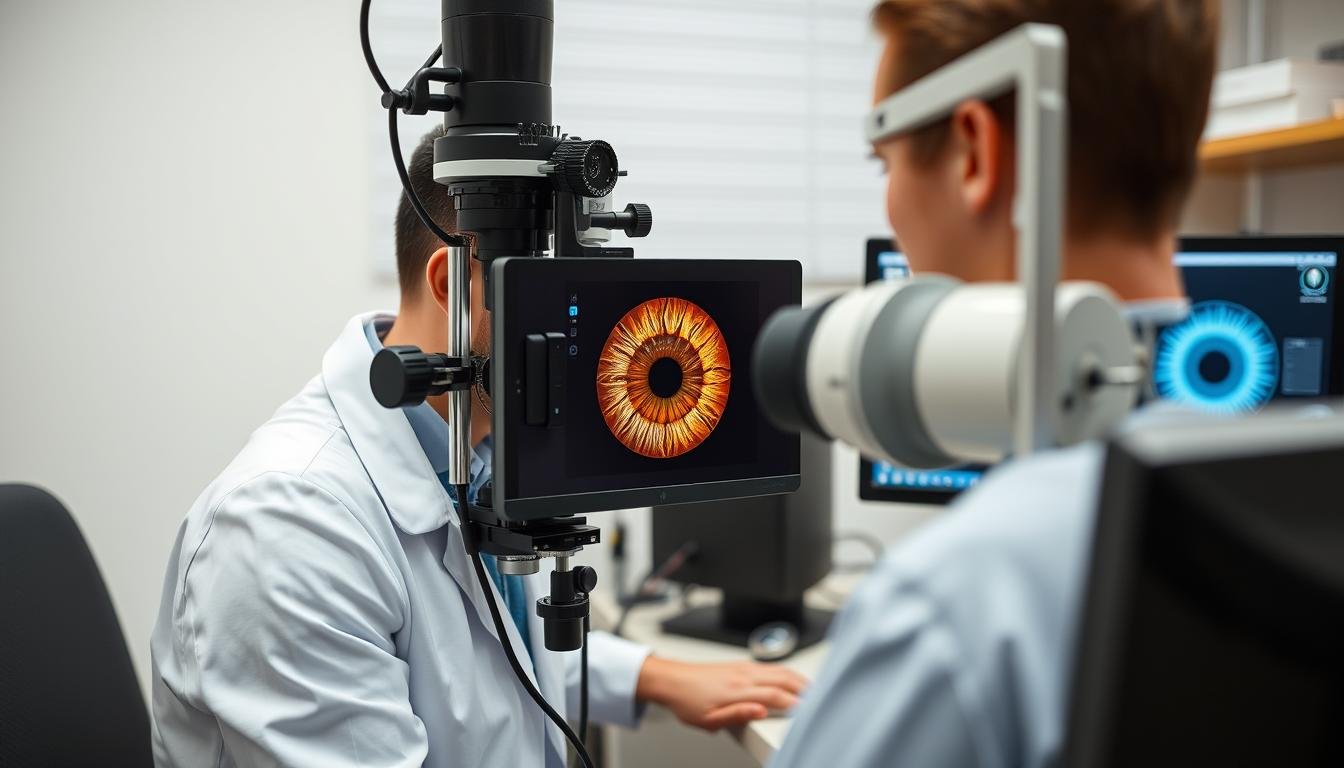| International Iridology Practitioners Association | ★★★★★ | United States | English, Spanish | Dr. Ellen Tart-Jensen | 1985 | Basic, Advanced, Master, Instructor | 12-24 months | 2,800-5,500 | Comprehensive, practical, respected |
| European Institute of Iridology | ★★★★★ | Germany | German, English | Dr. Josef Deck | 1980 | Foundation, Professional, Master | 18-30 months | 3,200-6,500 | Rigorous, systematic, thorough |
| Australian College of Natural Medicine | ★★★★☆ | Australia | English | Harri Wolf | 1989 | Certificate, Diploma, Advanced Diploma | 12-24 months | 2,500-5,000 | Practical, integrative, professional |
| British Institute of Iridology | ★★★★☆ | United Kingdom | English | Dr. John Andrews | 1982 | Foundation, Practitioner, Advanced | 18-24 months | 2,300-4,500 | Traditional, thorough, respected |
| Canadian Institute of Iridology | ★★★★☆ | Canada | English, French | Dr. Robert Morse | 1995 | Basic, Advanced, Master | 12-18 months | 2,000-4,200 | Integrative, nutrition-focused, practical |
| Italian School of Iridology | ★★★★☆ | Italy | Italian, English | Dr. Daniele Lo Rito | 1990 | Basic, Professional, Specialist | 18-24 months | 2,200-4,800 | Medical, evidence-based, clinical |
| Spanish Institute of Natural Health | ★★★★☆ | Spain | Spanish, English | Dr. Javier Griso | 1992 | Basic, Advanced, Expert | 12-24 months | 1,800-3,800 | Holistic, Mediterranean, practical |
| Japanese Holistic Health Academy | ★★★★☆ | Japan | Japanese, English | Dr. Akira Takahashi | 1994 | Basic, Intermediate, Advanced | 12-24 months | 2,200-4,500 | Precise, integrated, traditional |
| Brazilian Natural Medicine Institute | ★★★★☆ | Brazil | Portuguese, Spanish | Dr. Gustavo Ferreira | 1997 | Basic, Professional, Master | 12-18 months | 1,500-3,200 | Practical, tropical-focused, accessible |
| Indian Ayurvedic Iridology Center | ★★★★☆ | India | English, Hindi | Dr. Mridula Patel | 1996 | Foundation, Advanced, Specialist | 12-24 months | 1,200-2,800 | Ayurvedic, integrated, traditional |
| French Academy of Iridology | ★★★★☆ | France | French, English | Dr. Nathalie Parmentier | 1988 | Basic, Professional, Expert | 18-24 months | 2,500-5,000 | Traditional, herbal-focused, thorough |
| Russian Natural Medicine Academy | ★★★★☆ | Russia | Russian, English | Dr. Mikhail Larin | 1998 | Basic, Intermediate, Advanced | 12-24 months | 1,500-3,500 | Systematic, traditional, comprehensive |
| South African Holistic Health Institute | ★★★★☆ | South Africa | English, Afrikaans | Dr. Elizabeth van der Merwe | 2001 | Basic, Professional, Advanced | 12-18 months | 1,800-3,500 | Integrative, practical, accessible |
| Scandinavian Institute of Iridology | ★★★★☆ | Sweden | Swedish, English | Dr. Nils Jonsson | 1991 | Foundation, Professional, Expert | 18-24 months | 2,800-5,500 | Scientific, systematic, thorough |
| Dutch College of Natural Medicine | ★★★★☆ | Netherlands | Dutch, English | Dr. Marjolein van der Velde | 1993 | Basic, Professional, Specialist | 12-24 months | 2,500-5,000 | Integrative, practical, evidence-informed |
| Swiss Academy of Iridology | ★★★★★ | Switzerland | German, French, English | Dr. Hans Mueller | 1984 | Basic, Advanced, Master, Instructor | 24-36 months | 4,000-8,000 | Precise, comprehensive, prestigious |
| New Zealand College of Natural Medicine | ★★★★☆ | New Zealand | English, Maori | Dr. Toni Miller | 1996 | Certificate, Diploma, Advanced Diploma | 12-24 months | 2,500-4,800 | Integrative, digital, comprehensive |
| Middle Eastern Holistic Health Center | ★★★★☆ | UAE | Arabic, English | Dr. Hassan Al-Mahmoud | 2005 | Basic, Intermediate, Advanced | 12-18 months | 3,000-6,000 | Modern, integrative, premium |
| Turkish Natural Medicine Academy | ★★★★☆ | Turkey | Turkish, English | Dr. Mehmet Celik | 2003 | Basic, Professional, Expert | 12-24 months | 1,800-3,800 | Traditional, integrative, practical |
| Mexican Institute of Traditional Medicine | ★★★★☆ | Mexico | Spanish, English | Dr. Carmen Rodriguez | 2000 | Basic, Intermediate, Advanced | 12-18 months | 1,500-3,200 | Traditional, accessible, practical |



